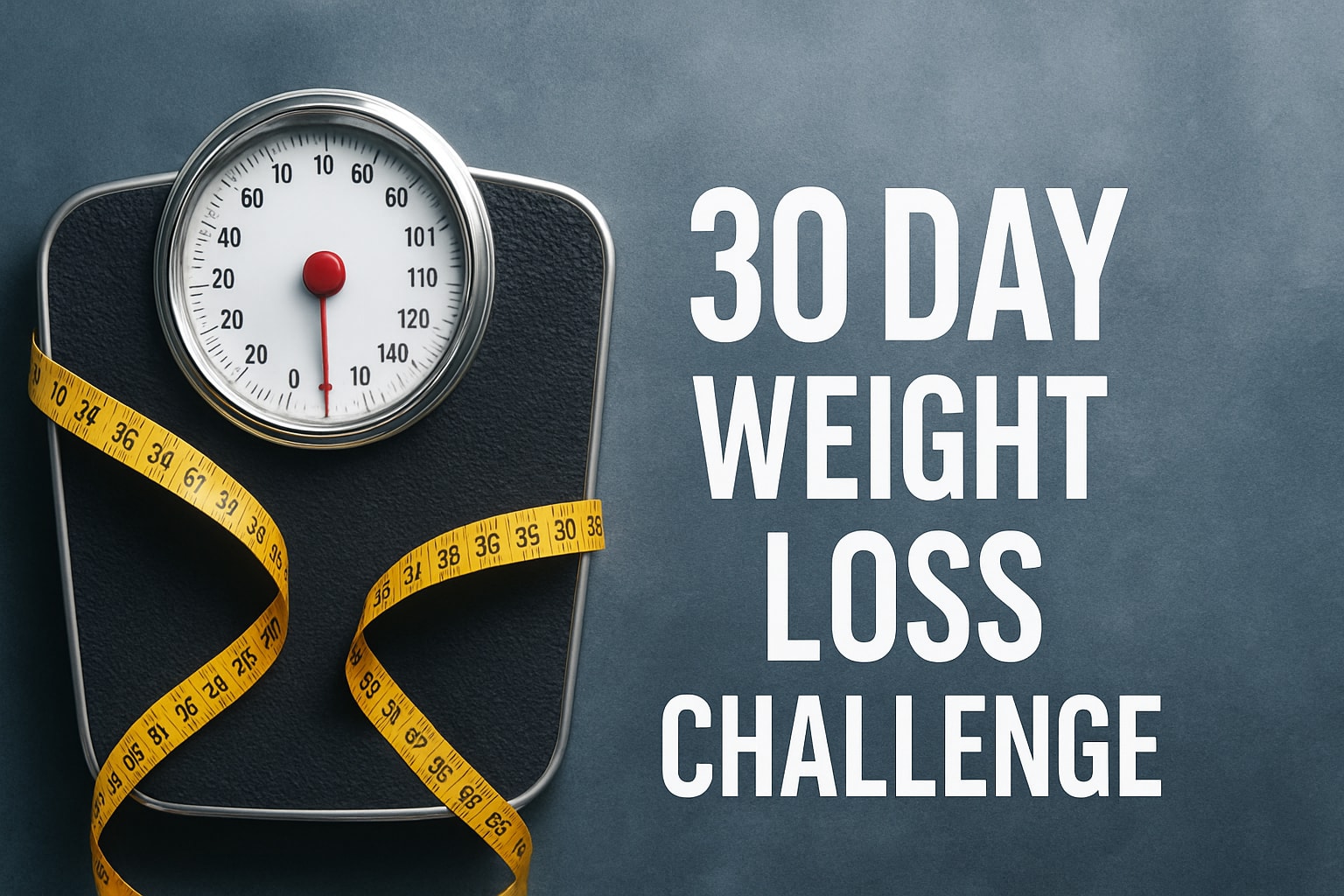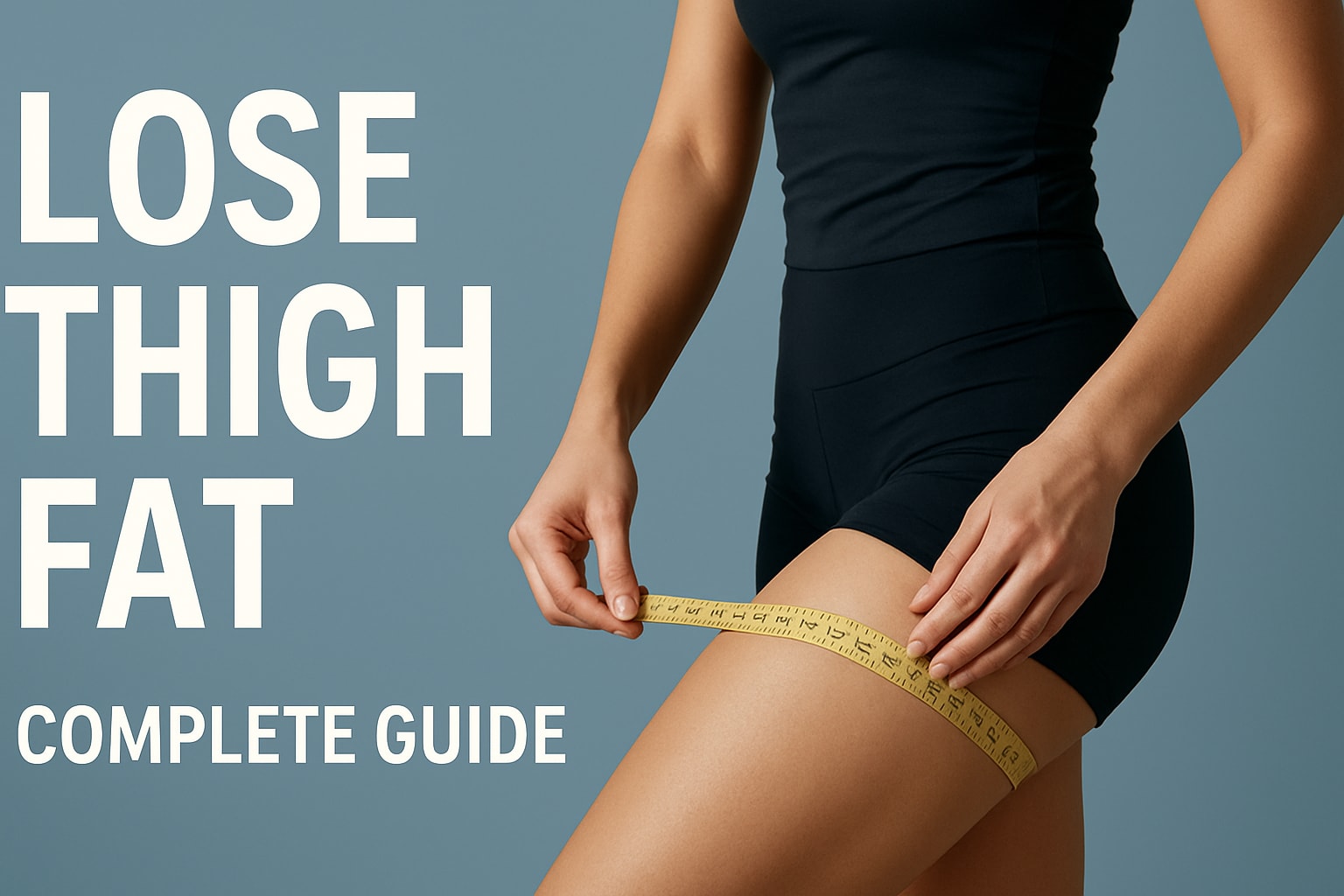Modern life is hard. Everything moves very fast, expectations for success are at their highest ever, there is food everywhere tempting you to overeat, TV and social media are setting impossible standards not just for body image but for lifestyle in general… It’s easy for our bodies to go into overdrive.
When your mind starts stressing out, your body creates stress hormones as a natural response. These stress hormones, and particularly cortisol, can affect not only your mind but your body in many ways.
Understanding what stress hormones are and how they affect you is the first step to reducing your stress levels and being a more serene, happy person.
In this guide, we'll explore seven holistic and enjoyable methods to reduce cortisol levels and reclaim your inner calm.
1. Recognize the signs
When you hear about "stress hormones," it’s typically referring to cortisol, a natural hormone that plays a vital role in your health.
But what are stress hormones, exactly?
Stress hormones are chemicals our body produces in response to stress, with cortisol being the primary one. It's designed to trigger a 'fight or flight' reaction in difficult situations. However, when stress becomes chronic, elevated cortisol levels can lead to many health issues, including weight gain, high blood pressure, and a weakened immune system.
To reduce cortisol levels effectively, you should first identify the signs of hormonal imbalance.
Are you feeling more tired than usual, despite sleeping well?
Have you had more cravings for sweets or salty snacks?
Are you experiencing mood swings that are out of character?
These could all be signs from your body that you have high cortisol levels.
2. Practice mindfulness
Mindfulness is more than a practice; it's a journey to self-discovery and inner peace. By engaging in mindfulness, you work on yourself to be present in the moment, which can greatly help reduce stress levels. This peaceful practice is a scientifically supported method to reduce cortisol levels, allowing the body's sympathetic nervous system to take a much-needed break from the constant state of alert.
But how can you include mindfulness into your everyday life?
Start with focused breathing exercises for just a few minutes each day.
As you inhale and exhale, allow your attention to rest solely on your breath, guiding your mind away from distractions.
You can also practice mindful eating, savoring each bite, which not only enhances the enjoyment of your meal but also supports your digestive process. Or, try a short walking meditation, where you consciously take in the sights, sounds, and sensations around you with each step.
These small but mighty practices forge a path to a calmer state of mind and a happier, healthier you.
3. Start eating a balanced diet
What you give your body to eat has a real impact on your stress levels. To reduce cortisol levels, switch to a diet rich in whole foods that stabilize blood sugar and reduce inflammation. Include plenty of fresh fruits and vegetables, lean proteins, and whole grains. Omega-3 fatty acids, found in fish like salmon and in flaxseeds, are particularly good at combating stress hormones.
Steer clear of excessive caffeine and sugar, as they can provoke a cortisol spike, leaving you more stressed. Remember, it's not about strict restrictions but about creating a balanced, healthy relationship with food. Mindful eating habits don't just nourish the body; they also calm the mind, keeping those pesky stress hormones at bay.
4. Dial down on caffeine
Coffee, tea, chocolate, and energy drinks contain caffeine, which is a stimulating chemical that influences your central nervous system.
Recent studies from 2021 suggest that drinking too much caffeine might increase anxiety and disrupt sleep patterns. This, in turn, could worsen your stress levels.
While moderate coffee consumption is fine, experts recommend keeping daily caffeine intake under 400 mg. This is approximately equivalent to 4–5 cups (0.9–1.2 L) of coffee.
However, it's worth noting that some people may experience anxiety and stress even with low caffeine intake. Not everyone processes caffeine in the same way. But if you feel like you’re particularly stressed after having a cup of coffee or even a chocolate muffin, you might want to look at your caffeine intake and consider reducing it. There are many healthy alternatives, like fresh orange juice, milk or just water. So getting a feel of your own tolerance level is crucial.









%20(1).jpg)






